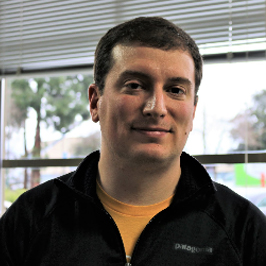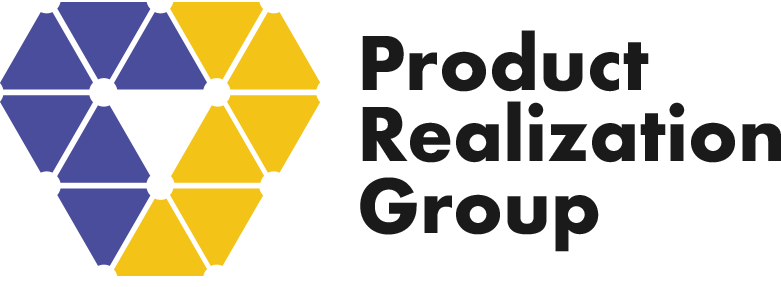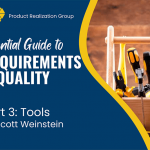On February 7, Michael Keer, Product Realization Group CEO and Founder, moderated an interactive panel discussion about how to prepare your hardware startup to get funded. The panel featured both experienced founders and funders in the hardware startup community:
- Ted Kraus: Investment Director, TechCode AI Accelerator (Investment)
- Bradley Leong, Hardware Partner, Tandem Capital (Early stage investment fund)
- Ilya Rosenberg: Co-Founder and CEO at Sensel, Inc. (Startup)
- Ryan Keating: Managing Partner, Keating Consulting Group (Finance)
The following is the first in a series of blogs summarizing the learnings on hardware funding from this panel.
The current state of Hardware? Where is it going?
“Hardware is strong…”
“It’s an exciting time for hardware startups!”
“Seeing a lot of interest on the investment side …”
“Starting to see a downturn, from the investment side …”

Our panelists gave a view of the current state of hardware development and investment through their different lenses. For Ted Kraus of TechCode, hardware is strong. He sees a lot of discretionary money for spending. His caution, “make sure you are building something that is solving a problem.” Also, he has seen companies raise money in crowdfunding but later fail to build product. “Make sure you have a good way to execute and build your product.” He suggest that a startup founder might need to find another strong cofounder to build product and “incentivize him to do it right.”

One thing that makes it an exciting time for hardware development, according to Ilya Rosenberg, Co-founder and CEO of Sensel, Inc., is that is so much easier (and cheaper) to do rapid prototyping. There is greater access to PCB and 3D printing. And in Silicon Valley, it is easy to find people with experience to take things into production. Ilye acknowledges that building scaling hardware products is still very challenging. He also noted the importance of defensible technology (IP). “If it’s not defensible, it’s going to get ripped off really fast, maybe even before you can scale it up.” Ilye is an experienced entrepreneur, having started a company from a project in his PhD program in computer science at New York University that he later sold to Amazon.

Ryan Keating noted that even as early as five years ago, none of his clients were hardware companies. Keating, whose firm works with startups by offering on-demand CFOs or controllers said his client profile now has about one-third hardware companies. However, Ryan observed that most hardware companies also have a platform and a subscription, that is, they also have software. These products are a convergence of applications, data and open source, and he is seeing a lot of interest on the investment side.

While not a complete contrarian, Bradley Leong described a downturn in hardware investment as the Valley is about 2 ½ years into a cycle of Internet of Things (IOT) development. He observed that its harder for hardware startups to get funding from traditional sources. Bradley is the Hardware Partner for Tandem Capital, which does early stage investment, usually $1-2 million. They are on their third fund of $100 million. Nonetheless, Bradley described some interesting products that he’s seen that leverage Artificial Intelligence (AI) and hardware. Some emerging products operate by means of a voice interface like Amazon’s Alexa, instead of traditional hardware buttons. Look for more of these types of product in the future.
Get a FREE Product Development Roadmap consultation.
Comments? Questions? Join the conversation on Facebook!


